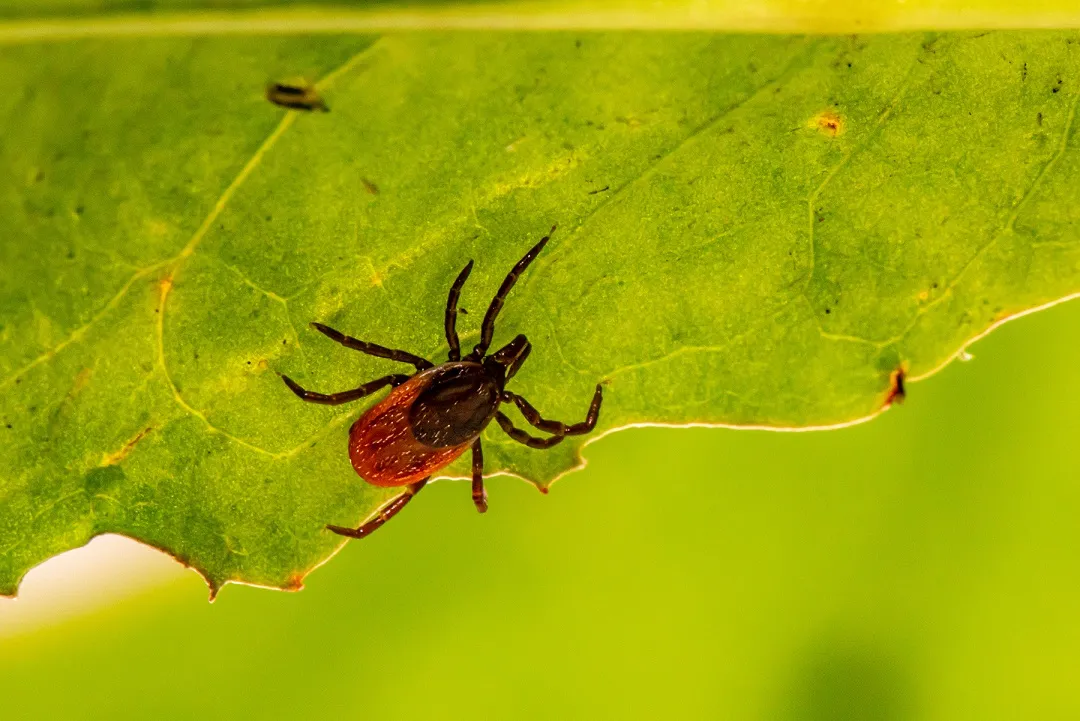The spring and summer season is a time for walks in nature. Besides the beautiful surroundings, all kinds of creatures await us there, including, unfortunately, ticks, which can transmit dangerous diseases. Among them, Lyme disease is the most frequently mentioned. How is Lyme disease treated during pregnancy?
Lyme disease in pregnancy – how can you get infected?
Lyme disease is a zoonosis that is mainly transmitted by ticks of the genus Ixodes. Infection occurs most frequently in spring and summer when walking in the forest or on meadows. However, ticks are also found in the city, so it is important to check your body after each trip to the park to make sure you have not brought home an uninvited guest. Ticks infected with spirochetes transmit them to humans. The longer the arachnid remains on the skin, the greater the risk of transmission. However, it is important to know that not every tick is infected. The mere fact that a tick transmits Lyme disease does not mean that a person is definitely infected. For this reason, doctors advise against examining ticks removed from a person’s skin, as this does nothing to further treatment and can lead to unnecessary antibiotic therapy.
Lyme disease in pregnancy – how do you treat it?
In most cases, the diagnosis of Lyme disease is made on the basis of the characteristic symptom of wandering redness (erythema migrans) that appears on the skin. This symptom entitles the patient to start treatment without further tests. In case of doubt or some time after the erythema, a blood test for Lyme disease can be carried out with the Elisa test and the Western blot (so-called confirmatory test).
The treatment of Lyme disease in pregnancy, as outside pregnancy, consists of 14-28 days of antibiotic therapy. The only difference with non-pregnant patients is that doxycycline is banned in pregnant women because of the risk of complications this drug can cause in the developing foetus. Antibiotics from the penicillin group and second and third generation cephalosporins are used in expectant mothers.
Lyme disease in pregnancy – possible complications
The scientific studies that have been conducted have not confirmed an increased risk of birth defects in the foetus if an expectant mother contracts Lyme disease during or before pregnancy. There are isolated reports of the disease in early pregnancy, but these need to be monitored further. The most important issue both during and outside pregnancy remains effective antibiotic therapy when symptoms of the disease appear. It protects against possible complications, which include but are not limited to neuroborreliosis. It is important to remember that if Lyme disease is suspected, including the appearance of erythema migrans, a doctor should be consulted who will initiate appropriate and safe treatment for the expectant mother. It is also pointed out that the pregnant woman should use suitable clothing and insect repellents that are safe for the expectant mother when going on excursions into the forest.











